“Disenchantment” Q&A: A Chat with Producer Josh Weinstein
Is it weird to say living legend?
Few people have contributed as much to animation as Josh Weinstein has. After he and his writing partner Bill Oakley joined The Simpsons in 1992 for its third season, they wrote for nearly all of the show’s golden age (seasons 3/4-9/10, depending on who you ask), showrunning seasons seven and eight. They only left before the ninth season to create Mission Hill, a cult classic about urban twentysomethings, canceled after one season, but before its time. After that, he worked on both Futurama and Gravity Falls. Now, he’s teamed up with Matt Groening a third time for the fantasy-comedy Disenchantment. I had the privilege of having a chat with Josh to talk about the new show before its premiere this week, as well as his storied career up to this point. (This interview has been lightly edited and condensed for brevity and clarity, and all parentheticals were inserted by the writer to provide further clarity).
Zach Ezer: I thought we’d start at the beginning. How did Disenchantment get started, and at what point did you get involved?
Josh Weinstein: Sure, Matt’s had this idea for, like eight years, and he has these sketchbooks full of hilarious ideas and drawings for the show. He approached me a little over three years ago—I was just finishing up with Gravity Falls— and he told me this idea, and asked if I wanted to be involved. I said yeah, and we had about a year to flesh out the show and the world before we even started in with the writers and animators.
ZE: Speaking of the writers, I saw online that Australian rapper Briggs was in the writer’s room. How did that happen?
JW: Briggs and I became Twitter friends. It’s actually how I got started writing for Gravity Falls; I became Twitter friends with [creator] Alex Hirsch. [Briggs] is a huge The Simpsons nut. I listened to him, and I loved his music and his lyrics. Then I found out he was a comedy writer for a sketch comedy show on ABC Australia, (Black Comedy) and we kind of just hooked up. We got together a couple times when he came over from Australia, and he gave me writing samples, and I loved them. I had him write an episode, and it came out awesomely. He’s definitely somebody who will be writing more episodes if we’re lucky enough to get more.
ZE: So was he in the room with everyone?
JW: He was in the room for planning his episode. His episode is actually in our second batch of ten. So he would come over to pitch his episode, nail down the story, and etc. Then he went off and wrote it, and came back here a number of times to go over it. He was great. We have such a good combination of people in the room. He’s hilarious, and it’s awesome every time he’s here.
ZE: You mentioned batches of ten. So do you have ten coming out this week and then ten more coming out later?
JW: Yeah, exactly. Netflix ordered twenty. So, we’re really working on all twenty at once, but we handed in the first batch of ten. Now, we’re working on the second batch. We just had a color—you know we do animatics then color versions—of episode fourteen come back. We’re still working non-stop on them.
ZE: Sounds like it. So, you have a lot of experience writing for television. Has working for Netflix been different? And if you got anything new from it, what do you think it was?
JW: Oh my god, it’s been a huge breath of fresh air. I have to say, working on Gravity Falls for Disney was really great, but working for other networks has not been so great. Whether it’s been due to interference… you know how Fox didn’t support Futurama. They kept switching around its night, and a lot of folks over there didn’t get it. But with Netflix, it’s not just that they give you complete freedom, but they nurture shows along. So, when they do have notes, they’re usually really well thought out and actually improve the show. Plus, the executives who work there have really good senses of humor. You’d think this would be universal for comedy executives, but it’s not. For Netflix, it definitely was though; they love to laugh. It’s been a real pleasure, and after twenty-five years of working for real networks, it’s been something that Matt and I just love.
ZE: That’s great. So let’s talk about Disenchantment itself. In one of your trailers, you poke fun at the fact that Matt, over the years has worked in contemporary sitcom and in sci-fi. Disenchantment is, of course, set in the past. Why fantasy? Why now?
JW: There is some truth to the trailer because it is the obvious choice, but for us, fantasy is this whole untouched genre. Matt grew up reading fantasy novels, and I grew up obsessed with medieval history and legend. We both also grew up loving Monty Python and the Holy Grail. It’s this giant nerdy button that’s just blinking there for us to push.
ZE: Futurama has a lot of nerdy jokes pertaining to math and science. What elements of nerddom were you hoping to capture with fantasy?
JW: I think it’s a little more, it sounds pompous to say, subtle. Since there have been so many fantasy shows and parodies of fantasy books and movies, we stay away from direct parody, aside from the obvious Game of Thrones reference in the pilot. We more reference odd medieval legends and mythology as well as history. We also reference a few novels. For example, there’s an episode coming up in the second batch based around creatures called Selkies. (Selkies are Seal-like creatures from Scottish folklore). Some are based on legends, and some historical details are thrown in as well, like the design of the castle, the village, that sort of thing. There’s a nerdy attention to historical accuracy, but you also take huge liberties with it.
ZE: It’s really cool to see some humanities-based deep dives.
JW: Yeah, because I’m obsessed with medieval history, so I try to put in little things that people will appreciate.
ZE: About details, are we getting some more sign gags on Disenchantment?
JW: I’m glad you asked. Yes, but I will say those are the hardest things to come up with, and it was for The Simpsons and Futurama too. There will be a room full of writers sitting in dead silence for half an hour trying to come up with a good sign gag. So, we think we’ve populated the world, especially the village of Dreamland, with a lot of funny signs, but it’s really hard to come up with new and original ones.
ZE: Great to hear, I’ll definitely look out for those.
JW: You should. Another thing people should look out for is various secret symbols and things that are in the show from the beginning that hint at a deeper mystery that will unfold as the series goes on. So, hopefully, people are watching for fun the first time through but can go back and see things that might be important later. It’s not essential for your enjoyment of the show. We know where the show’s going, and we know where it’s going to end. And when we reach the very end of the series, we want people to notice that it was in the very first episode, and there all along.
ZE: Well, nerds love their Easter Eggs. Great that there’s something here for the obsessives.
JW: Yeah, me too. I love it. That’s why I’m such a fan of Gravity Falls. We hope that we did a little of that here [on Disenchantment].
ZE: I’d love to move to talk about your main characters now. We’ve seen a similar triad before in Futurama: a strong woman, a dumb guy, and an amoral non-human sociopath. What’s different this time around?
JW: Since it’s not a family and not a workplace, we wanted this trio [at the center]. What’s great about Princess Bean is that, not only is she the first female lead of a Matt Groening show, but she’s in the most interesting position of all the characters. She’s a young woman growing up in a patriarchal kingdom, so that seemed a natural place to focus the show. And Elfo and Luci at first represent kind of a devil and angel on her shoulders, but as we move along in the series, we give those characters a lot more depth. One thing to note about the creation of these characters is that we have a backdrop of fantasy and magic, but it’s also a coming of age story. This is different from Futurama— all of our main characters are supposed to be 18, 19, or 20 years old. Luci is a demon so he may be a few thousand years old, but he’s young for a demon. So, they all have their own issues about how they come into the world. That’s kind of the underlying theme and part of the genesis of the show. So, as much as it is influenced by Futurama, which I was both a writer for and a fan of, it’s also influenced by things like Lord of the Rings, and even things like American Graffiti.
ZE: Let’s talk about voice actors. I know you brought a few old favorites back—Billy West, John DiMaggio—but there’s a lot of new blood. Who’s new that you loved working with?
JW: It’s actually a combination. Futurama was like a big family, and we always wanted to get the gang back together, so we did. For the three main voices Abbi Jacobsen (Bean), Eric Andre (Luci) and Nat Faxon (Elfo) specifically are all also writers and directors in their own right, so they bring a lot to the roles. The most important thing was that we love the sound of their voices and that they’re all hilarious individuals. We count on them and all the actors to do a lot of ad-libbing, so when we get them all together, it’s great. We also have a lot of talented British actors, because I did a show in England (CBBC’s Strange Hill High). My favorite show of all time is this show called The Mighty Boosh, (a surreal British sketch comedy) and I was obsessed with that show. I did a pilot with Rich Fulcher, who is a writer and actor on our show, and Matt Berry. Then we hooked up with Noel Fielding and Lucy Montgomery, who does a lot of our British voices on the show. She’s like the British Tress MacNeille (a flex player on The Simpsons and Futurama, portraying over forty characters on both series, including Agnes Skinner and Mom of Mom’s Friendly Robot Company).
ZE: Okay, I think it’s pretty inarguable that The Simpsons and Futurama in general, and you and Matt in particular, have given so much to adult animation. But you guys have been doing it a long time and the landscape has changed a ton since you started…
JW: Yeah.
ZE: So who do you like that’s come up after you, and have you learned anything from them?
JW: That really hits deeply. First of all, I was a fan of Gravity Falls, which is my very favorite show [of the new crop]. Then comes Rick and Morty and Bojack Horseman. They both blow me away, and they’ve really taken story in some new directions. I have a theory about comedy writing, and I’ll try to make it quick. I grew up watching some crumby cartoons, like Scooby Doo. The thing is that there were no really intelligent cartoons, except for Rocky and Bullwinkle and things like that. But younger people today, like Alex Hirsch of Gravity Falls, and Justin Roiland of Rick and Morty and actors like Eric Andre grew up watching shows like The Simpsons and South Park, really smart, funny stuff. So my belief is the people who are creating those shows are even smarter than people like me. They’re more evolved and their animated shows are more evolved. Their storytelling and their embrace of emotion, and that sort of thing, has definitely inspired me. Half of our staff is old Futurama and Simpsons writers like myself and Bill Oakley and (Futurama co-creator) David Cohen, but we also want to tap young writers under thirty. Half the writers are thirty or under, and I hired some writers from Gravity Falls, so we have a mix of old and young. Hopefully, then, the show doesn’t seem too creaky, or old, or out of place.
ZE: Rick and Morty has a lot of Futurama in it.
JW: Yeah, I think we must have influenced it, but Justin Roiland so took it and made it his own; it’s awesome. It’s my favorite show that’s out there now.
ZE: One more question, gotta ask. I’m a massive Mission Hill fan, and there’s a lot of shows getting revived nowadays. I think you see where I’m going…
JW: You know, Bill and I and Lorne McMullen, who was our head director and created the look, would all love it if it came back. I just think it would be too expensive to do. We’d need a network or company to say we would do it, but we’d go back to it in a second. We love that show too. It’s really heartening to hear it meant something to someone else because it was a labor of love.
ZE: We lost it too soon.
JW: I agree.
Disenchantment streams Friday, August 17th on Netflix. This interview has been edited and condensed for clarity
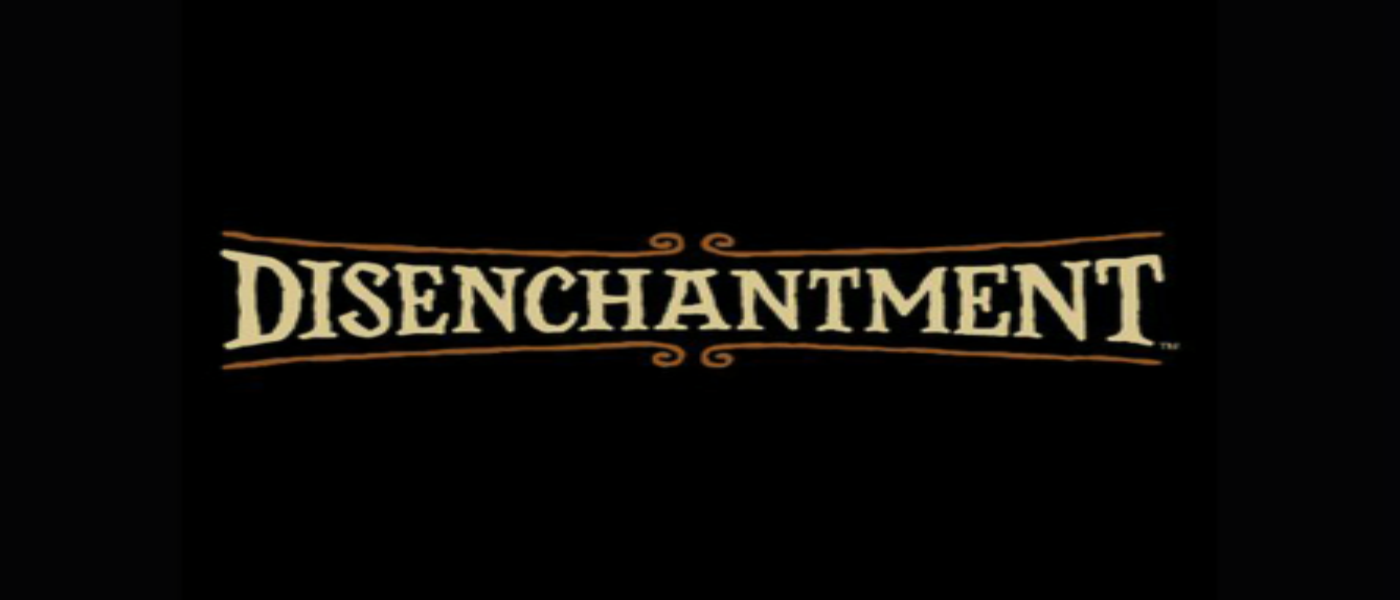
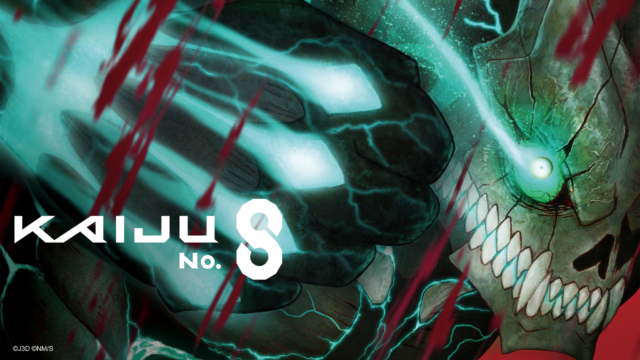
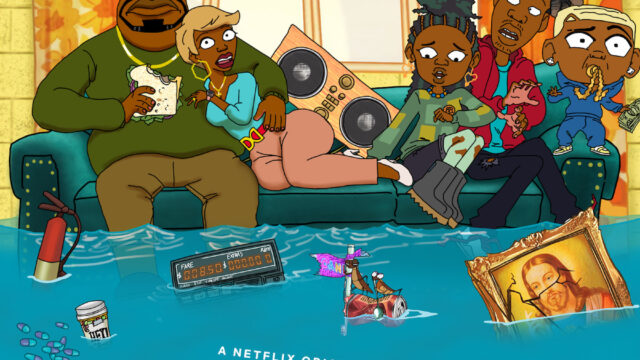
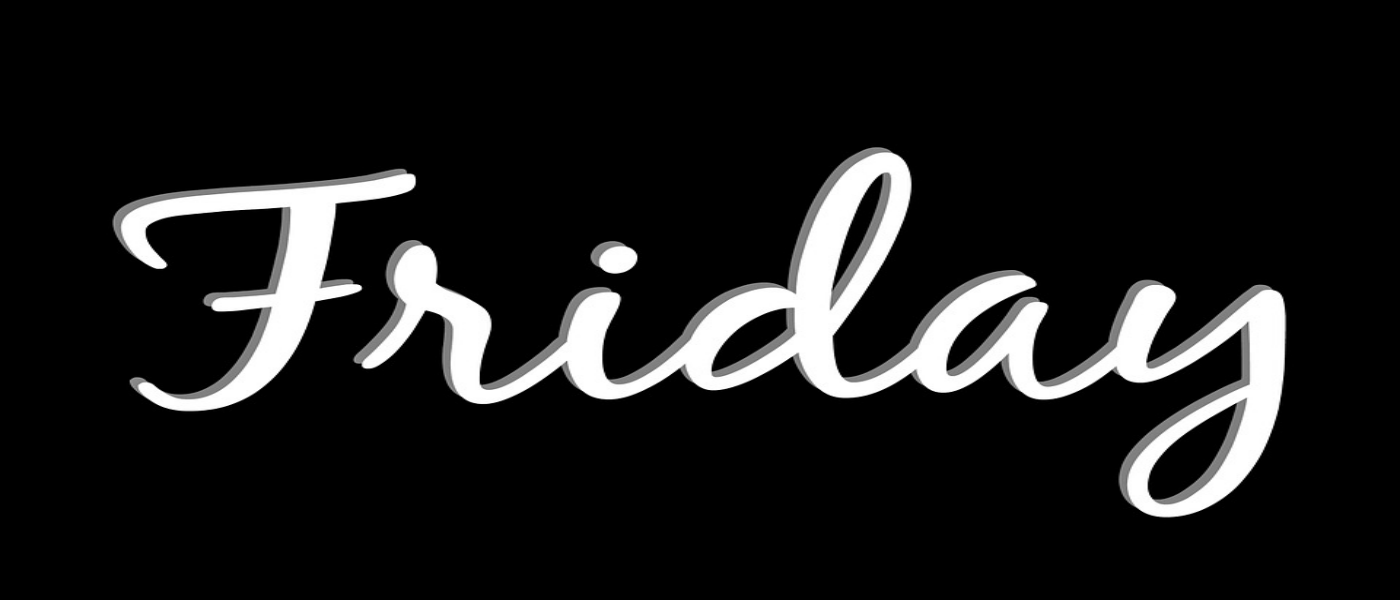
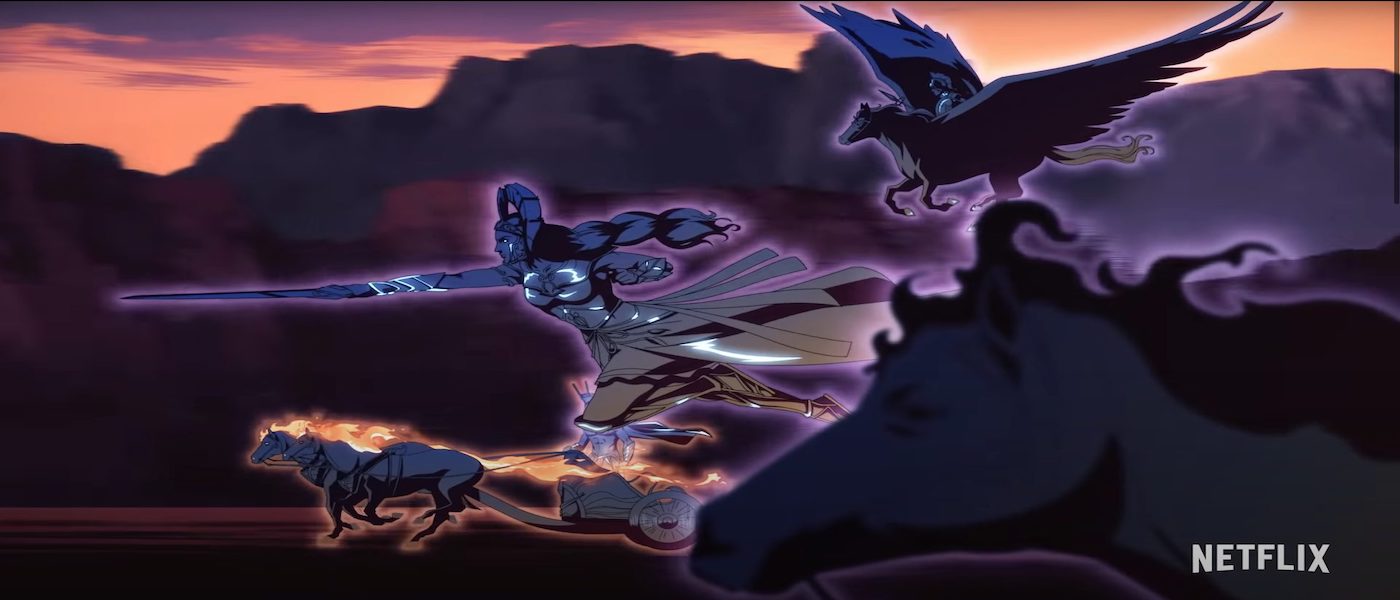
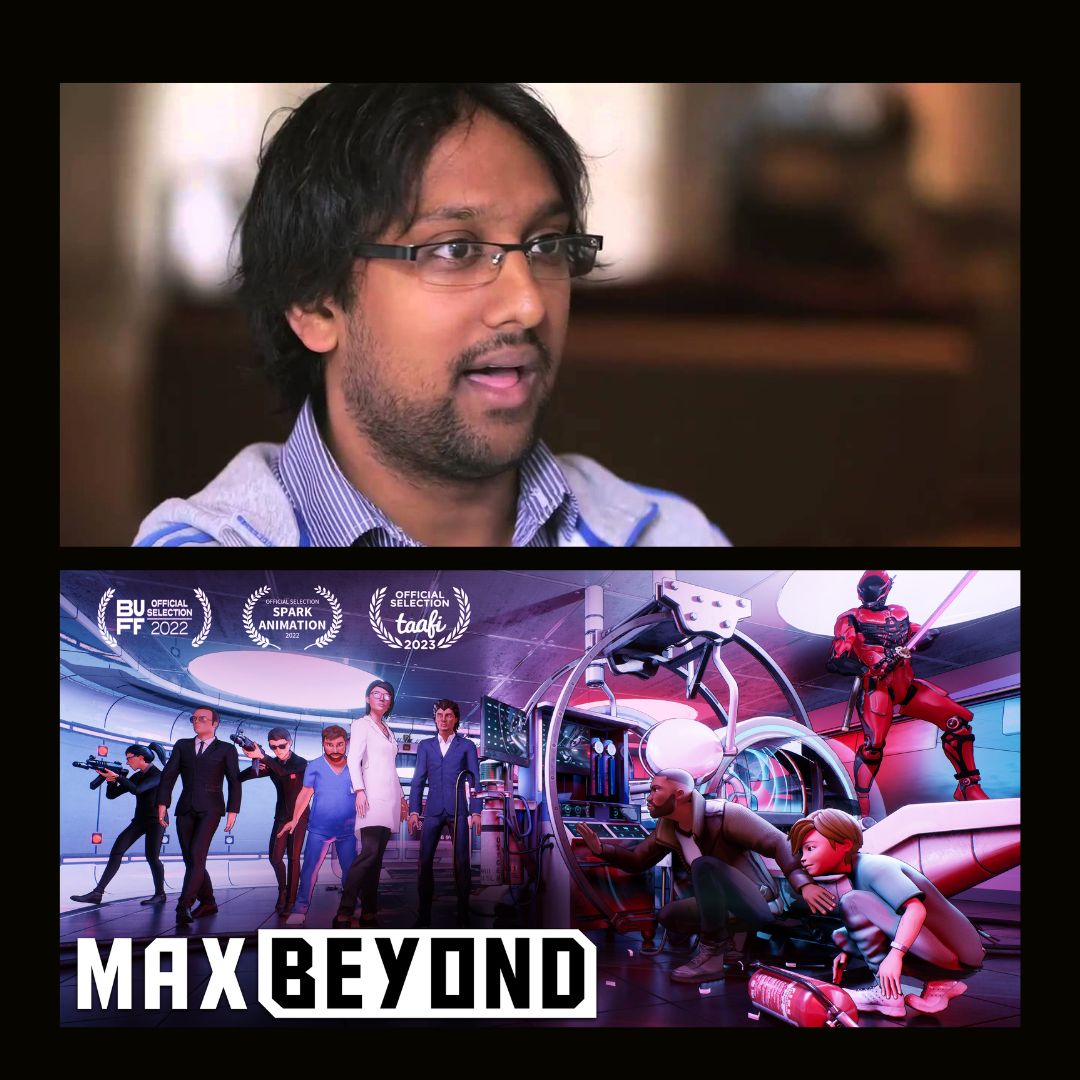

















Hi Ashley, thank you so much for reading and we love the feedback. Note that on that day we had 14th posts go up and only ten posts show on the front page, so it's possible the preview had already been archived by the time you got to it. One recommendation would be to add our RSS feed to your favorite news aggregator service like Feedly, this way you get all of the latest posts!